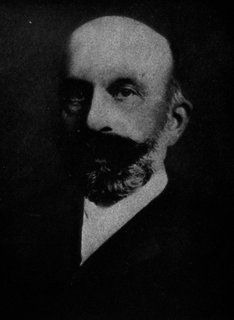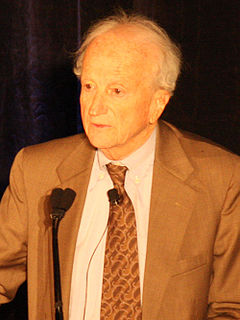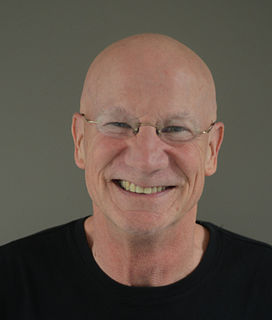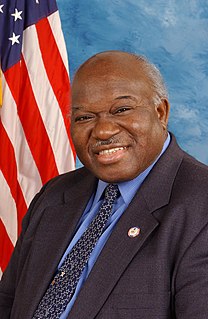A Quote by George Stigler
Adam Smith had one overwhelmingly important triumph: he put into the center of economics the systematic analysis of the behavior of individuals pursuing their self-interest under conditions of competition.
Related Quotes
If you go back to Adam Smith, you find the idea that markets and market forces operate as an invisible hand. This is the traditional laissez-faire market idea. But today, when economics is increasingly defined as the science of incentive, it becomes clear that the use of incentives involves quite active intervention, either by an economist or a policy maker, in using financial inducements to motivate behavior. In fact, so much though that we now almost take for granted that incentives are central to the subject of economics.
Being Adam Parrish was a complicated thing, a wonder of muscles and organs, synapses and nerves. He was a miracle of moving parts, a study in survival. The most important thing to Adam Parrish, though, had always been free will, the ability to be his own master. This was the important thing. It had always been the important thing. This was what it was to be Adam.
Gandhi rejects the Adam Smith notion of human nature as motivated by self-interest and brute needs and returns us to our spiritual dimension with its impulses for nonviolence, justice and equality. He exposes the fallacy of the claim that everyone can be rich and successful provided they work hard. He points to the millions who work themselves to the bone and still remain hungry.
From the equilibrium and spontaneous order of Adam Smith and his heirs, from invisible-handed markets and perfect competition, supply and demand, and rewards and punishments, I was pushed to theories of disequilibrium and disorder, and information and noise, as the keys to understanding economic progress.




































